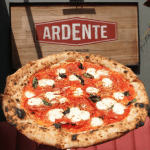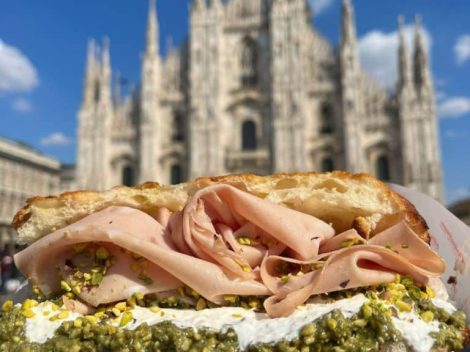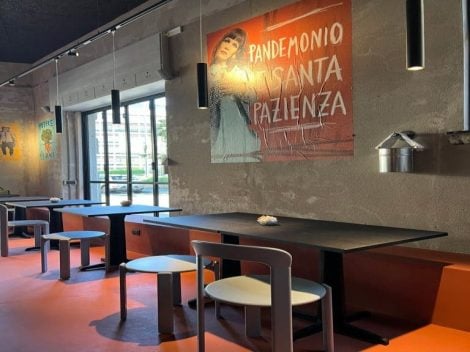Potato chips, the most popular junk food of all time
Delicious, tasty, with a little salt or dipped in thick, creamy sauces. In a word: irresistible. Potato chips are one of the most luscious side dishes around, whether in the classic matchstick version or in their more recent crispy, thinly sliced evolution, the packaged crisps. Whether stubby English chips with a thicker cut, elongated American fries or packaged crisps, potato chips have long been associated with the concept of junk food. However, today they are also freshly prepared by pubs and restaurants, fried in good oil from quality raw materials. Of course, they are still high in calories, but giving yourself a treat every now and then is more than legitimate. Besides, who can resist a plate of delicious-looking yellow sticks?
Where do potato chips come from? The Belgian theory
Primo assam, secundo elixam, tertio e iure uti coepisse natura docet. Let’s recall Varro’s chronological stages in the evolution of cooking techniques: first roasting, then boiling and finally cooking in sauce. The introduction of frying is more recent, even if already present among ancient people, but not popular at all. There are not many written sources on the origins of potato chips, but one doubt among all is gripping their lovers: France or Belgium? Two countries that are fighting over the paternity of the recipe, traditionally attributed to the Belgians, who seem to have been frying potato strips since the 17th century. This custom was born out of the necessity to make up for the lack of fish when the Meuse river froze. The fishermen's wives readily replaced the fried fish with thin potato slices, cut lengthways to resemble the shape of the fish.
The introduction of potatoes in France
On the other hand, the French attribute the invention of potato chips to the medical officer Antoine-Augustine Parmentier. He was responsible for the consumption of the tuber, initially intended for pigs because it was considered a disease carrier, including leprosy. Imprisoned in Prussia during the Seven Years' War, Parmentier was forced to grow and eat potatoes, discovering their benefits and delicious taste. On his return, he tried to introduce them to France. Following an intensive promotion campaign, the first potato chip kiosk was opened at last in 1789, created to entice people to consume them. However, the Belgian theory remains the most accredited: the War of the Austrian Succession was taking place around the present-day Belgian borders, and there is a good chance that the French borrowed the idea from their neighbours and developed it only later.
The development of French fries in America
One thing’s for sure: the French were responsible for introducing potato chips to America, where their name French fries is no surprise. A side dish that immediately conquered the United States, that deserve credit for making them famous in the rest of the world through the large fast-food chains, where they were the flagship products. After all, it's 'only' fried potatoes with a bit of salt, the perfect dish for fast-food kitchens aiming for high numbers: cheap, practical, tasty. And they also make thirsty.
The birth of packaged crisps
In addition to the classic potato chips, there is another way to prepare chips: cut into thin slices. These are the most popular, industrial ones sold in bags, the inevitable accompaniment to cocktails, glasses of wine and beer mugs. Legend has it that New York chef George Crum invented them in 1853 to win over the palate of entrepreneur Cornelius Vanderbilt, who was sending back every dish. To spite him, the chef sliced the potatoes so finely that they became hard and crispy and sprinkled them with a lot of salt. Nevertheless, the demanding guest ate them willingly, finding them delicious. However, this is an untrue folk tale, especially since Vanderbilt was not in the United States at the time. Some thirty years earlier, 'The Cook's Oracle' was published by the British optician William Kitchiner, mentioning the recipe for 'sliced or curly chips'. A recipe book written with the intention of helping people to eat healthily – and think that today packaged chips are one of the health-conscious people's greatest enemies!
War rationing and the snack boom
World War II was the turning point for the crisps industry (chips in American English), when all non-essential goods were rationed, starting with sugar and sweets. Crisps were also superfluous, but by then there were many producers, so they joined forces and demanded a change in the norm. With no sweets available, people turned to crisps to satisfy their craving for snacks, and sales soared. The rest is well-known history: industrial development meant that packaged crisps became a popular, democratic snack, spread everywhere because of its simplicity. Over time, flavourings and seasonings were introduced and great brands established, from Frito-Lay to Pringles, that marked the evolution of the sector.
by Michela Becchi
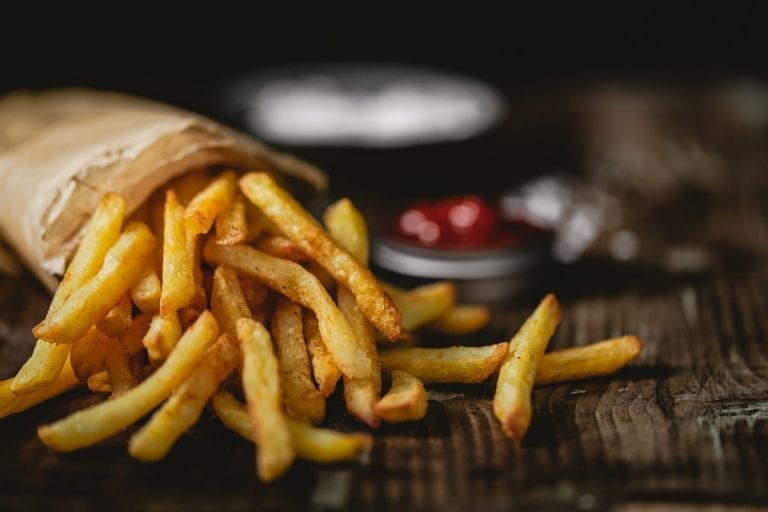
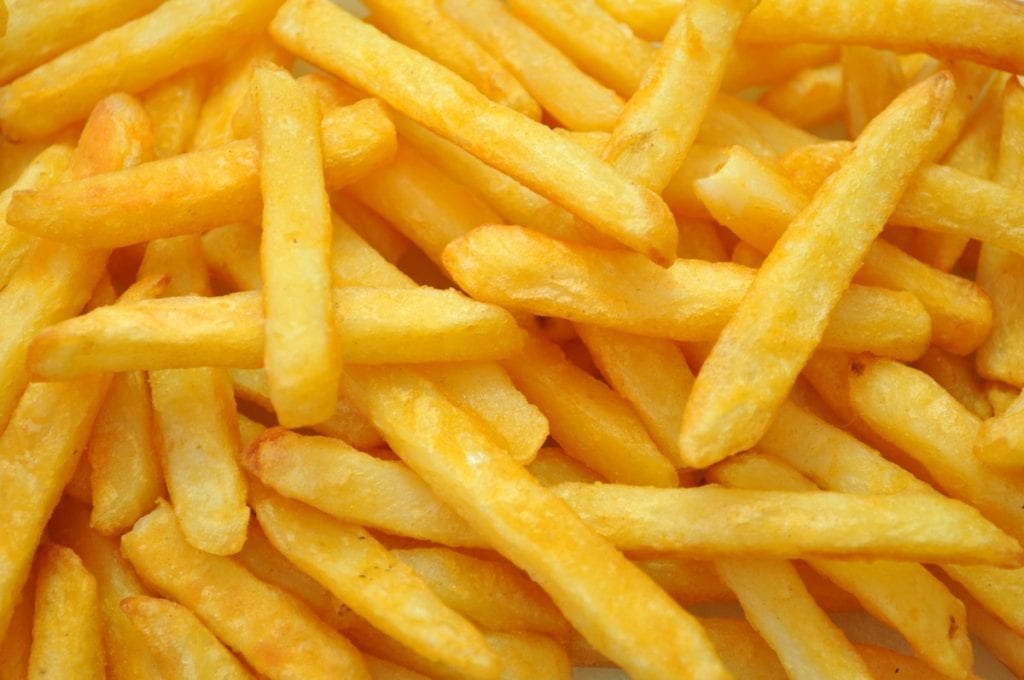
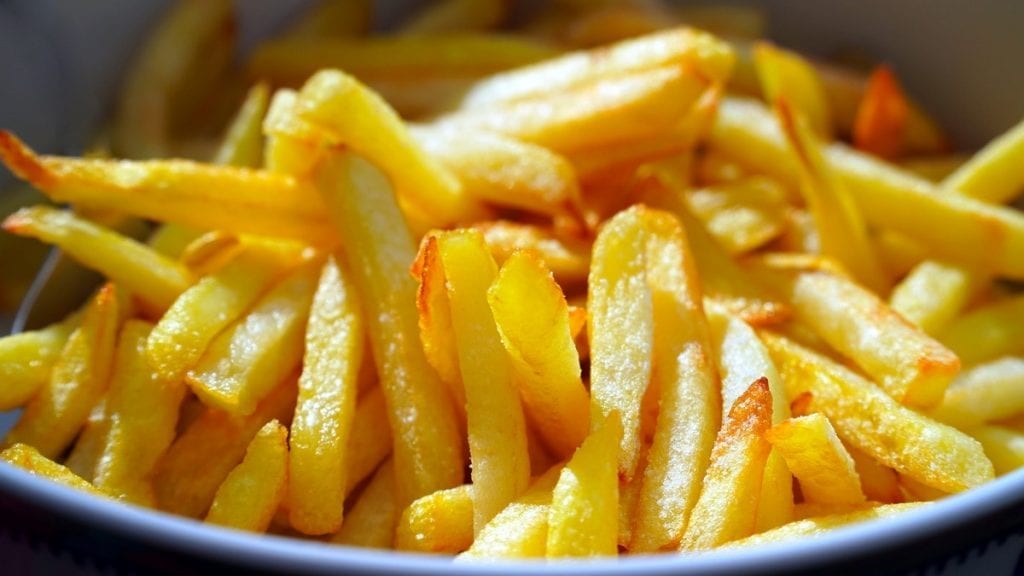
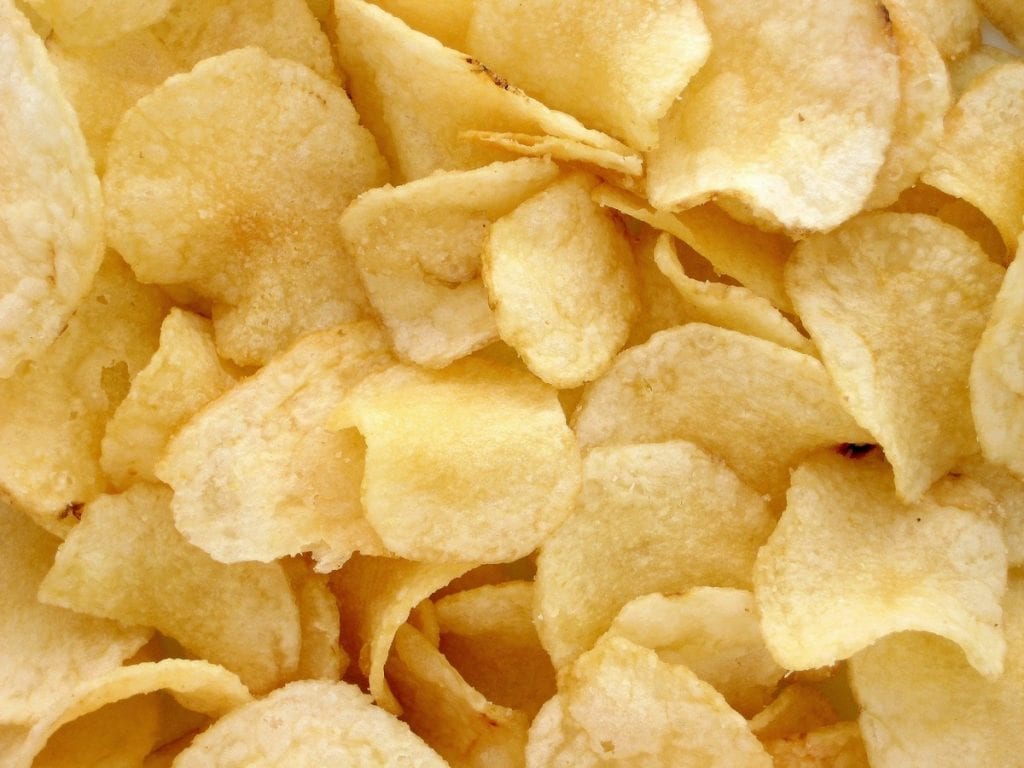
 Grillo phenomenon: Sicily is now betting on white wines
Grillo phenomenon: Sicily is now betting on white wines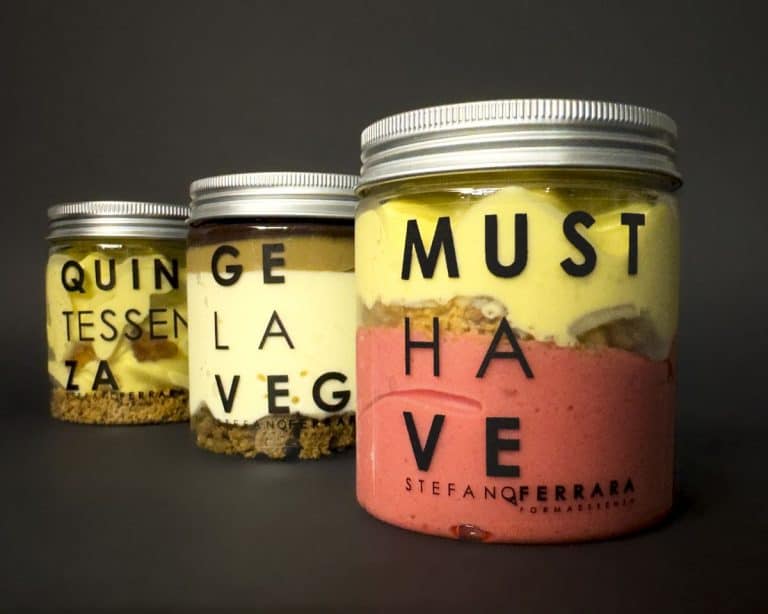 In Rome, a gelateria opens with only jarred ice creams. Master gelato maker Stefano Ferrara bans cones and cups
In Rome, a gelateria opens with only jarred ice creams. Master gelato maker Stefano Ferrara bans cones and cups Food shops, historic trattorias, and bakeries: where to eat in Esquilino, the Roman neighborhood that hasn't forgotten the Twentieth Century
Food shops, historic trattorias, and bakeries: where to eat in Esquilino, the Roman neighborhood that hasn't forgotten the Twentieth Century The 14 best Tintilia wines from Molise Chosen by Gambero Rosso
The 14 best Tintilia wines from Molise Chosen by Gambero Rosso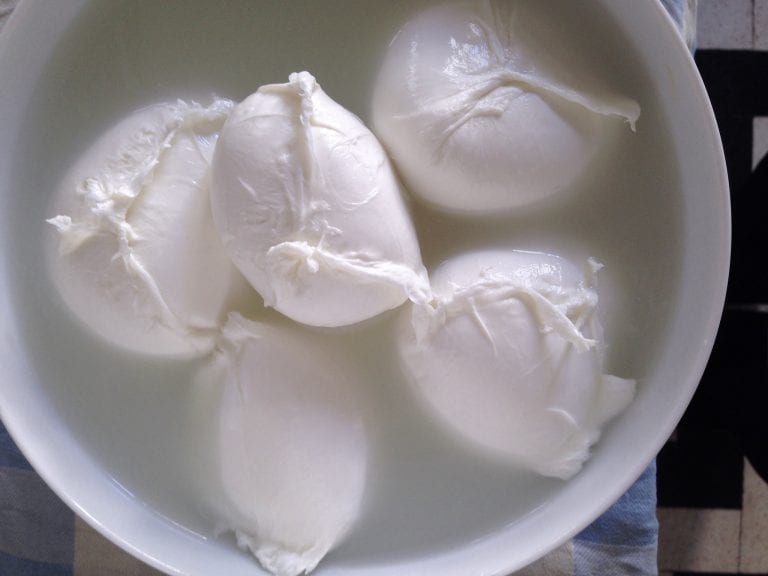 Here's why mozzarella di bufala extends life
Here's why mozzarella di bufala extends life